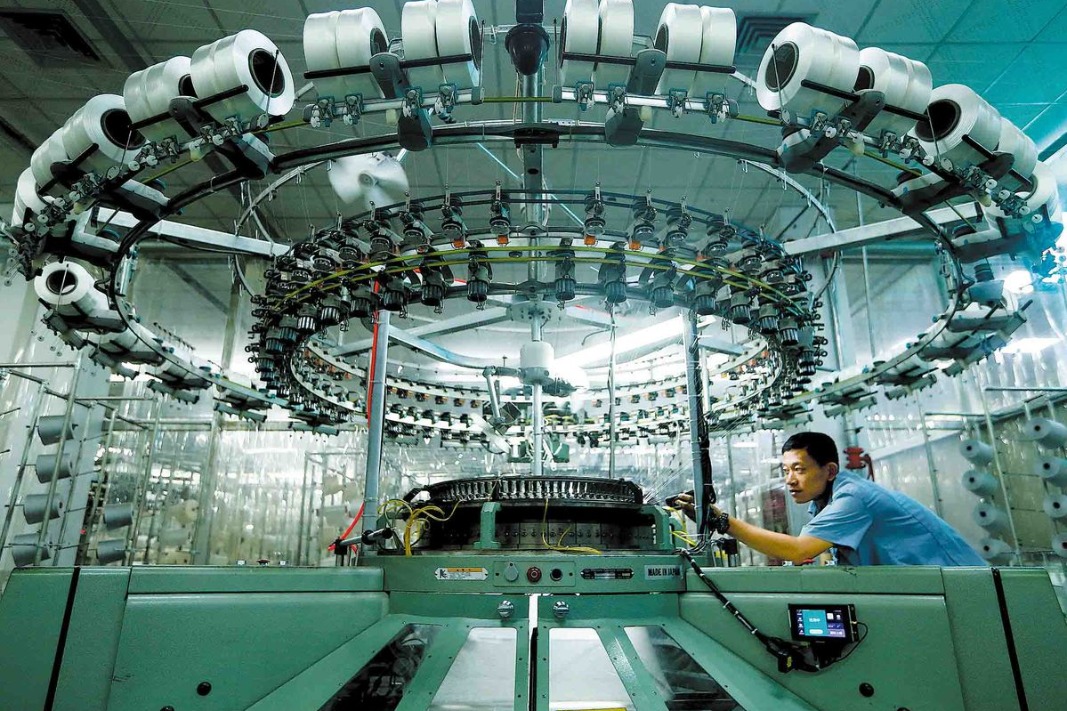Reserve a scientific sanctuary
Research station pioneers approaches to tackling climate change


Carbon emission rights have always drawn significant international attention. In global climate negotiations, fair distribution of carbon rights is a core issue.
"A scientific, rigorous and convincing carbon ledger is essential for securing national development rights in international climate negotiations," Liu said, adding that several research findings from the reserve directly support China's climate diplomacy and dual carbon strategic implementation.
Over the past 20 years, the team has poured much effort into terrestrial ecosystem carbon sequestration research, integrating data from systematic surveys of 14,371 sample plots across China's forests, shrubs, grasslands and farmlands to estimate the country's terrestrial ecosystem carbon stocks and creating a comprehensive map for them.
"Research proves that China's terrestrial ecosystems still have significant carbon sequestration potential," Liu said.
"Estimates based on forest vegetation and surface waters of carbonate rocks indicate that China's terrestrial carbon sequestration capacity has been underestimated by about 50 percent, largely influenced by regional environmental changes. These findings propose different driving mechanisms for terrestrial carbon sequestration, crucial for rebalancing regional and global carbon cycles. This presents both opportunities and challenges," she said.
"To better serve the national dual carbon strategy, we began constructing an integrated observation platform in 2022, including atmospheric flux towers for comprehensive environmental monitoring and data collection from surface, meteorological and satellite imagery, creating a survey-observation-simulation carbon sequestration research system," said Liu. They also plan to build an underground observation well for critical zone research.























